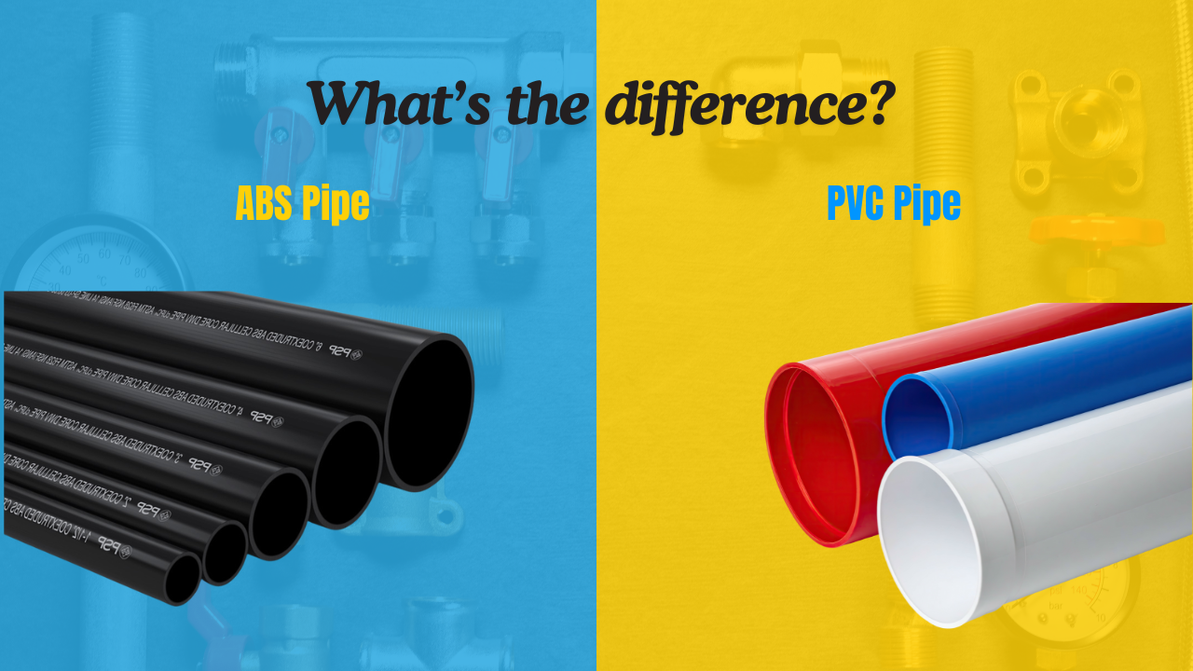Gas vs. Electric Water Heaters: What’s the Difference?
Deciding on a water heater for your home or business involves more than picking between brands; it’s about understanding the core differences between gas and electric water heaters. Each offers unique benefits and drawbacks, shaping not just your utility bills but also your environmental impact and installation requirements.
Gas and electric water heaters stand on opposite ends of the energy spectrum, offering diverse solutions for the same requirement—delivering hot water when and where you need it. Let’s take a look at the differences between models so you can make an informed decision that best suits your needs.
Energy Source and Efficiency
As their name implies, gas water heaters utilize natural gas or propane to heat water. They are known for their rapid heating capability, making them ideal as commercial water heaters for bustling businesses or residential heaters for large families with high hot water demand. Gas heaters can heat a fresh tank of water faster than electric models after the hot water has been depleted.
On the other hand, electric water heaters use electricity to heat elements that, in turn, warm the water. These units are highly efficient in terms of energy use, converting almost all the electricity into heat without much loss. But because of the slower heating time and higher electricity rates in some areas, they may be less efficient cost-wise for properties with significant hot water needs.
Installation and Operating Costs
Gas water heaters often have higher installation costs, especially if a building is not already equipped with gas lines. However, the operating costs can be lower, depending on local gas prices, because gas is typically cheaper than electricity per unit of energy produced.
Electric heaters do boast lower upfront installation costs since most properties are already wired for electricity. The long-term operating costs can be higher, though, reflecting the price of electricity in your area. These water heaters are also easier and cheaper to maintain over time, as they lack the complex components that can make gas heater repair more expensive.
Environmental Impact
Water heaters that run on gas produce emissions that contribute to your property’s carbon footprint. While modern models are more efficient and cleaner than older versions, they still rely on fossil fuels, which are not renewable.
Meanwhile, electric water heaters offer a cleaner operation at the point of use, with no emissions. If your electricity comes from renewable sources, such as solar or wind power, your water heating could notably decrease your environmental impact. However, if your electricity is generated from fossil fuels, you may see a reduction in environmental benefit.
Choosing the ideal water heater depends on several factors, including property size, local utility costs, environmental concerns, and initial budget. Gas heaters excel in efficiency for rapid heating, while electric heaters boast lower maintenance and clean operation. Understanding the differences between gas and electric water heaters ensures you select the best water heater for your home or business’s needs, balancing comfort, cost, and sustainability.
Recent Posts
-
Quick Fixes for a Gurgling Kitchen Sink
A gurgling kitchen sink can be quite a nuisance since it makes such an annoying noise. It usually si …Feb 26th 2026 -
ABS Pipe vs PVC: Choosing the Right Plumbing Solution
ABS pipe vs PVC pipe are two of the most common plastic piping options in plumbing today. ABS (Acryl …Feb 24th 2026 -
What’s the Difference Between PVC and CPVC Pipe?
PVC and CPVC pipes may look similar, but their performance and uses are definitely not the same. PVC …Feb 24th 2026



